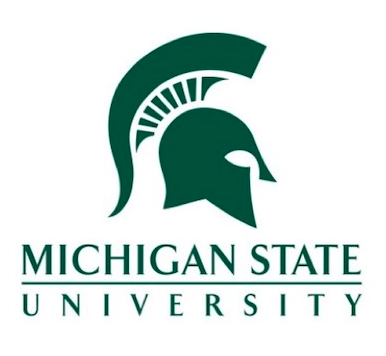The Facility for Rare Isotope Beams (FRIB) at Michigan State University (MSU) is seeking outstanding candidates for a junior faculty position in experimental nuclear chemistry or radiochemistry.
The successful candidate is expected to establish and lead a sponsored, world-class research program at FRIB, be an effective instructor and mentor to a diverse cohort of students at the undergraduate and graduate levels, play a leadership role in the nuclear science community, and engage in institutional and public service. We are especially interested in scientists with a strong record of research accomplishments related to isotope production and harvesting techniques complementary to existing FRIB programs.
Candidates are expected to hold a PhD in chemistry, physics, engineering, or a related field at the time of appointment and have at least two years of postdoctoral experience in experimental nuclear chemistry, radiochemistry or another closely related field. Candidates must exhibit strong promise for excellence in research, teaching, and a commitment to diversity. Candidates must also have the ability to work with export controlled technologies.
The position will be filled at the rank of assistant professor within the FRIB Faculty Position System with a joint appointment in an appropriate academic department, e.g. chemistry.
The FRIB faculty is comprised of 41 full-time faculty members and is the home to 31 postdoctoral researchers, 120 graduate students and about 200 undergraduate students. The academic programs in any of the joint departments offer degrees at the BS, MS, and PhD levels.
FRIB is a U.S. Department of Energy Office of Science user facility and affords world-class research opportunities in low-energy nuclear science when user operation commences in early 2022. Since 2010, MSU’s nuclear physics graduate program is ranked No. 1 in the nation, according to U.S. News and World Report’s rankings of graduate programs.
How to apply
Interested individuals should submit an application through careers.msu.edu, posting 699053. Applicants must submit a detailed CV, a cover letter summarizing their qualifications, a research statement of up to three pages, a statement of teaching philosophy of up to two pages, a statement on diversity, equity, and inclusion of up to two pages, and contact information for at least three references.
For full consideration, applications should be received by June 1, 2021. Applications will be reviewed on a continuing basis until the position is filled.
Please address clarifications by email to radiochemistry2021@frib.msu.edu.
About FRIB and MSU, and the East Lansing community
FRIB will enable scientists to make discoveries about the properties of rare isotopes supporting discoveries about the physics of atomic nuclei, nuclear astrophysics, fundamental interactions, and applications of rare isotopes to benefit society.
MSU is located on one of the largest university campuses in the U.S. on 5,300 tree-filled acres. MSU has 17 degree-granting colleges and is a center for academic and research activities as well as the arts and athletics. The greater Lansing area has a population of more than 460,000 and offers lovely suburban areas, urban living opportunities as well as easy-to-get-to rural areas. A symphony orchestra, excellent health care, many community and professional theatres, rivers, lakes, outdoor festivals, close access to large cities and Lake Michigan make for a near-perfect living environment.
Livability.com named Lansing as the most affordable city on its 2018 Best Affordable Places to Live list and one of the 2020 Top 100 Best Places to Live. East Lansing is one of the Best Places to Live according to the 2019 ranking by Livability.com. Okemos is No. 1 in the Niche.com 2020 Best Places to Live in Michigan ranking.
MSU is an affirmative-action, equal opportunity employer and is committed to achieving excellence through a diverse workforce and inclusive culture that encourages all people to reach their full potential. The University and FRIB encourage applications or nominations of women, persons of color, veterans, and persons with disabilities.
